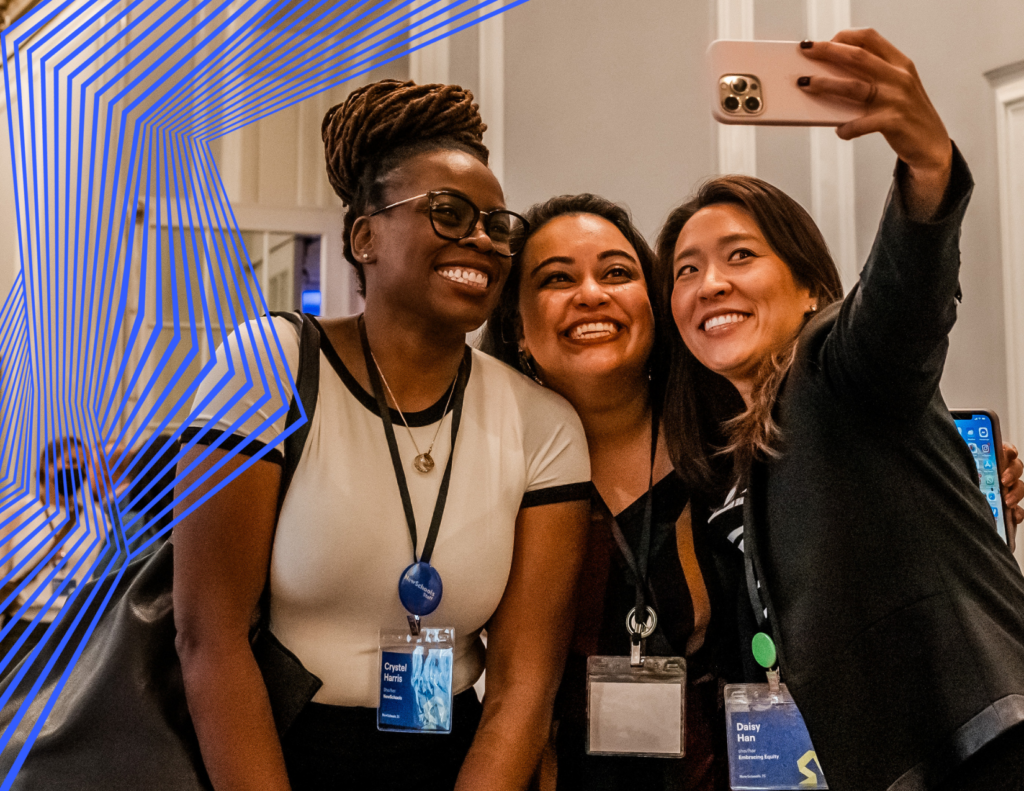
Earlier this month, on the 45th anniversary of the “Bloody Sunday” civil rights march in Selma, Alabama, Secretary Arne Duncan unveiled the Department’s latest initiative to close the achievement gap by revitalizing its Office for Civil Rights. The job of the Office for Civil Rights is to enforce laws that protect students from discrimination on the basis of sex, race, national origin, and disability status. It also oversees Title VI of the 1964 Civil Rights Act that prohibits discrimination in public schools and in institutions of higher education that receive federal funds.
This reinvigoration of the Office for Civil Rights has brought into sharper focus the link between closing the achievement gap and the civil rights movement. Many people consider equal access to a quality education as the civil rights issue of this generation (though some are more hesitant to use such language). Statistics from almost any grade level speak to the persistence of the achievement gap – take college graduation for instance. According to the Education Trust report “Charting a Necessary Path,” only 45% of low-income and minority students entering college graduate within six years – compared with almost 60% of their higher income counterparts.
How can we make closing the achievement gap a top priority? How can we push today’s generation of activists and reformers toward accomplishing even more ambitious goals than the previous generation, such as college graduation for all?
These questions and much more to come on civil rights and education equity in the closing session at NewSchools Summit 2010.


